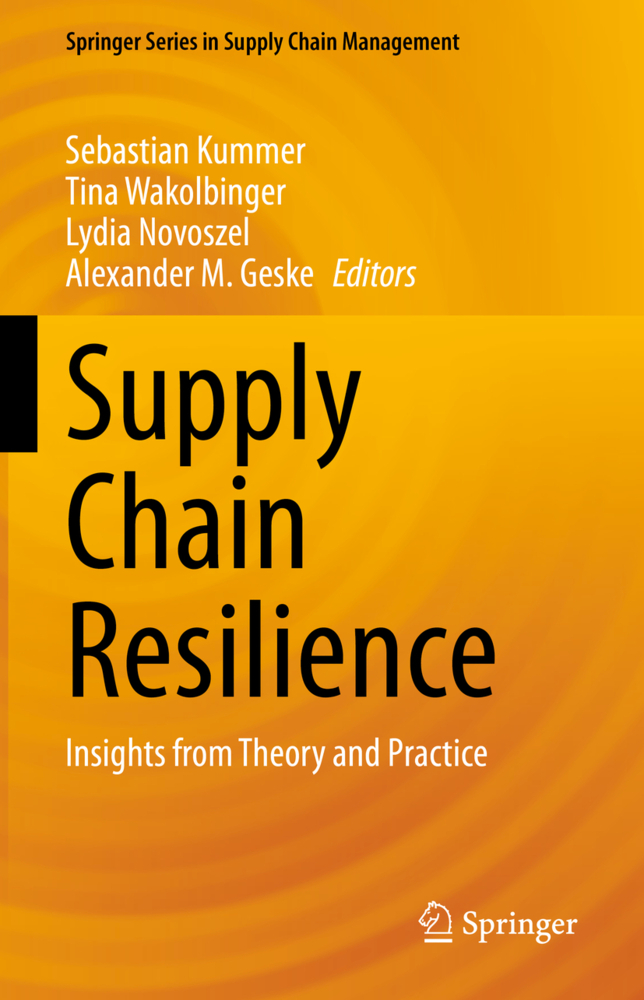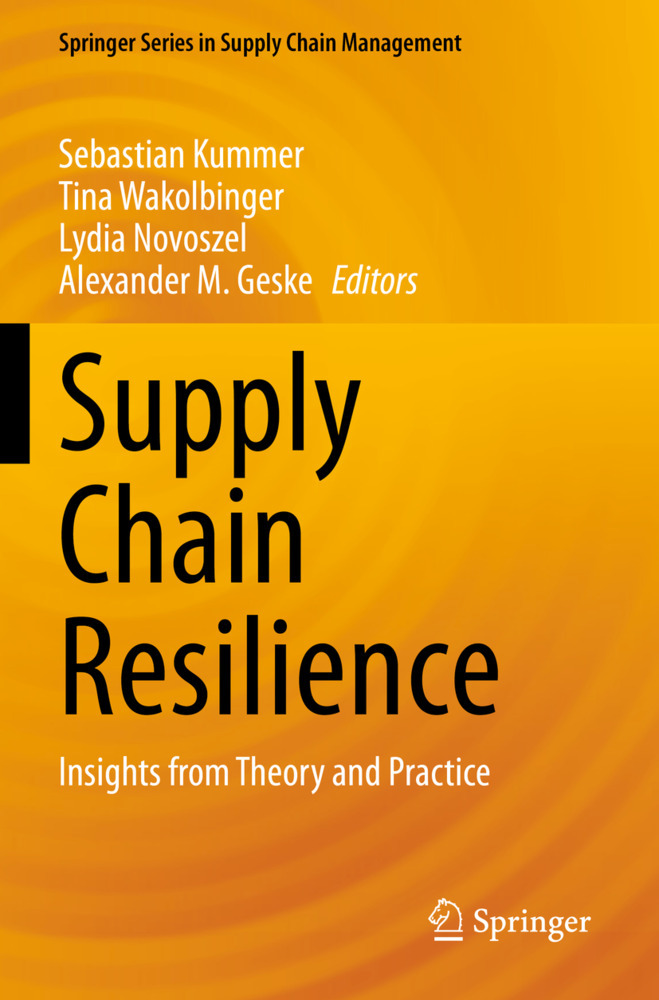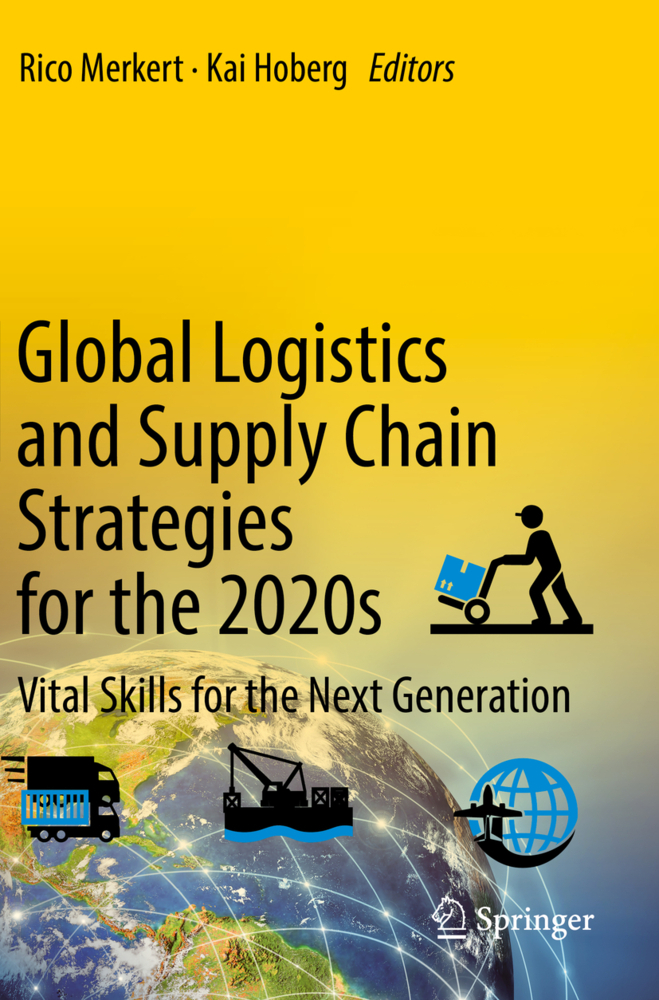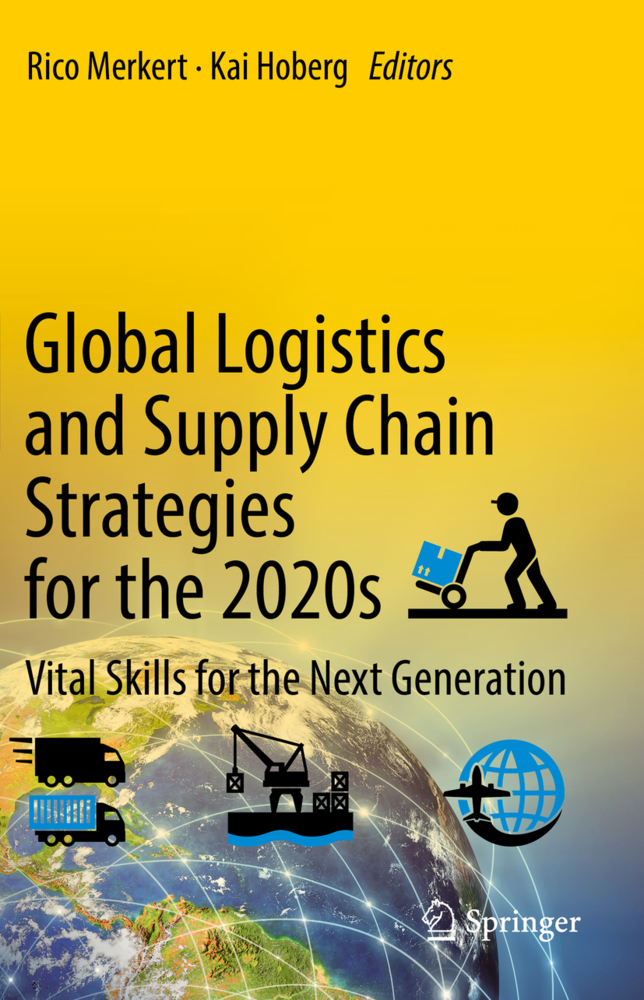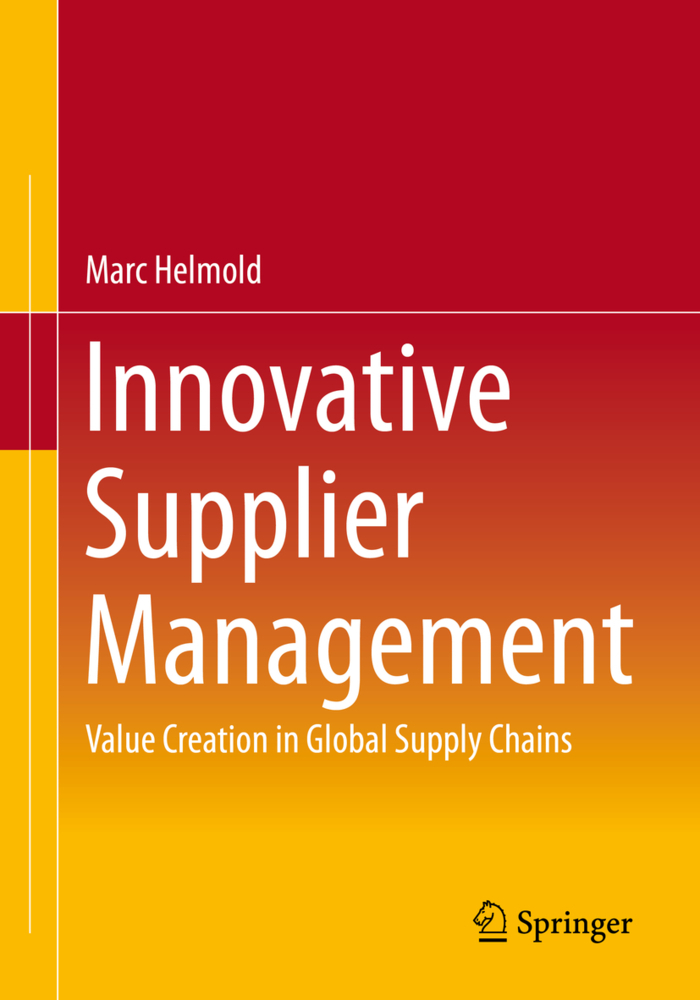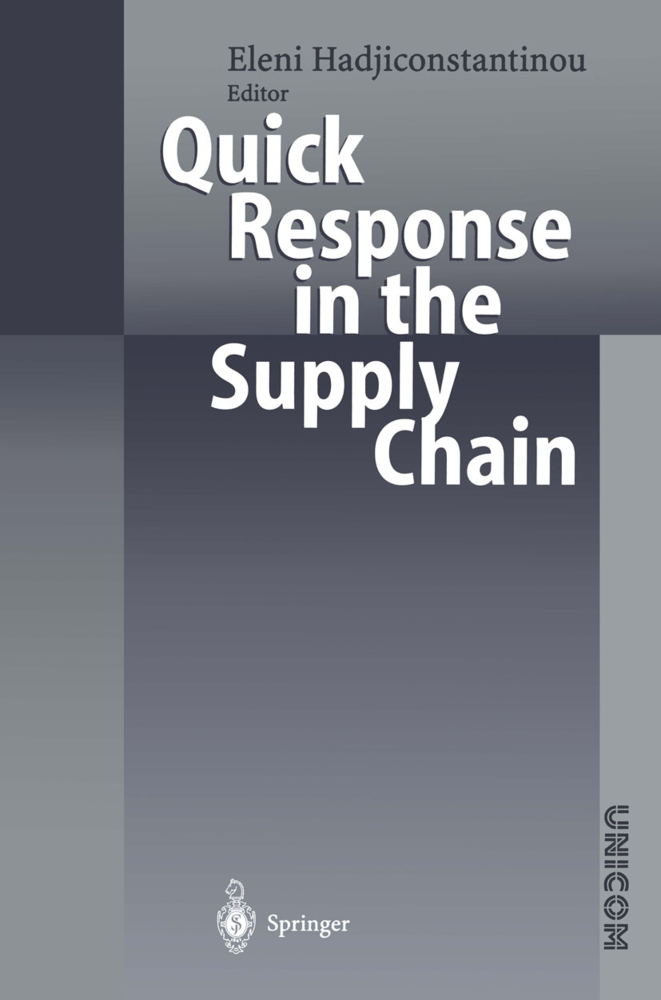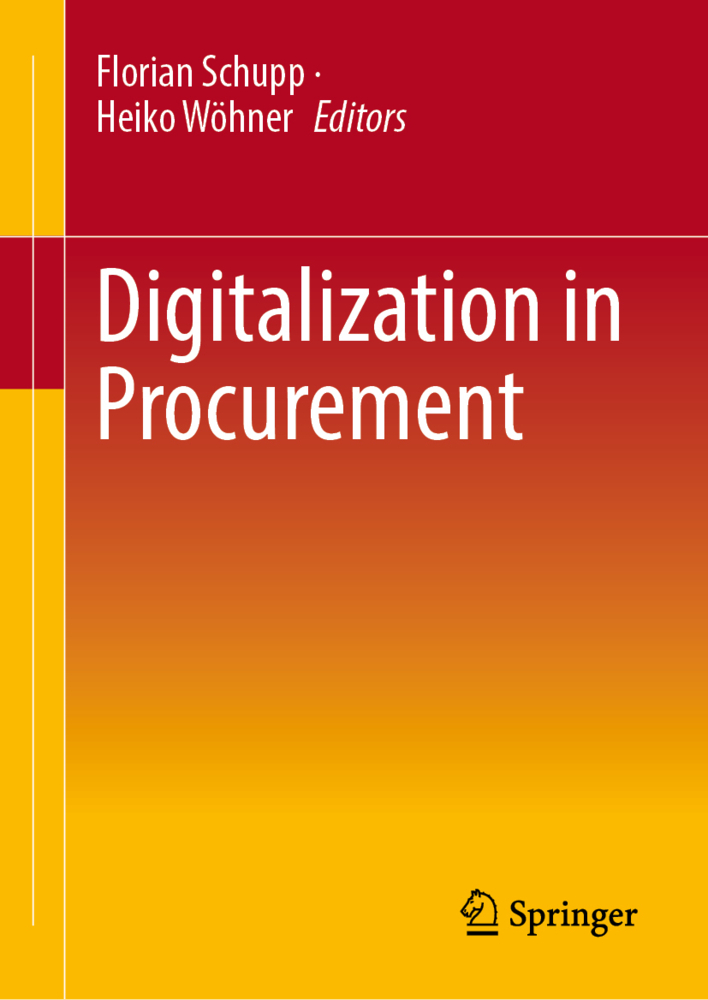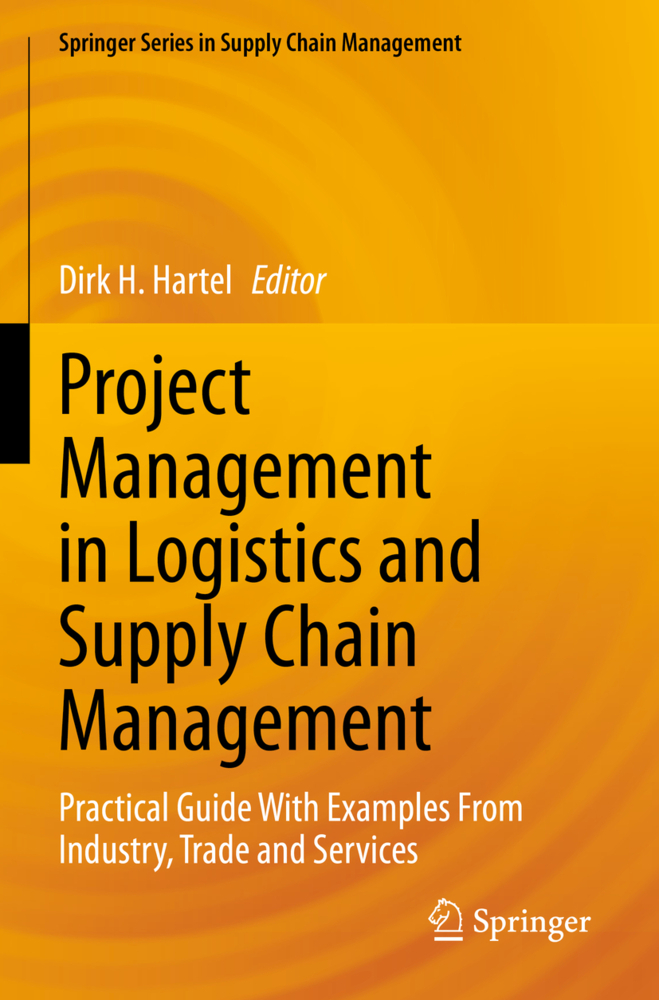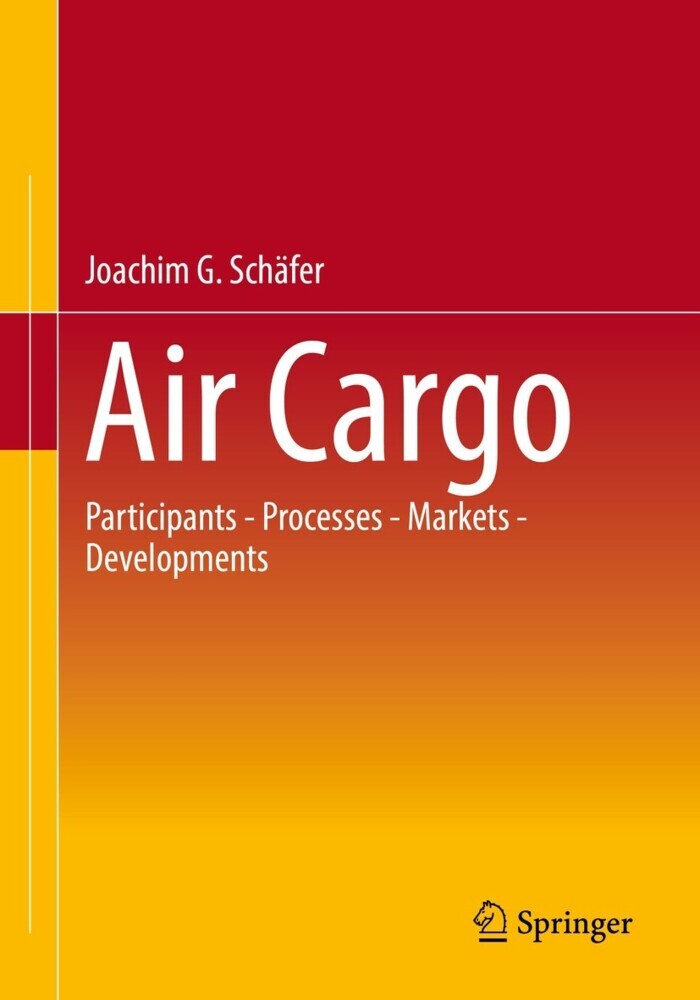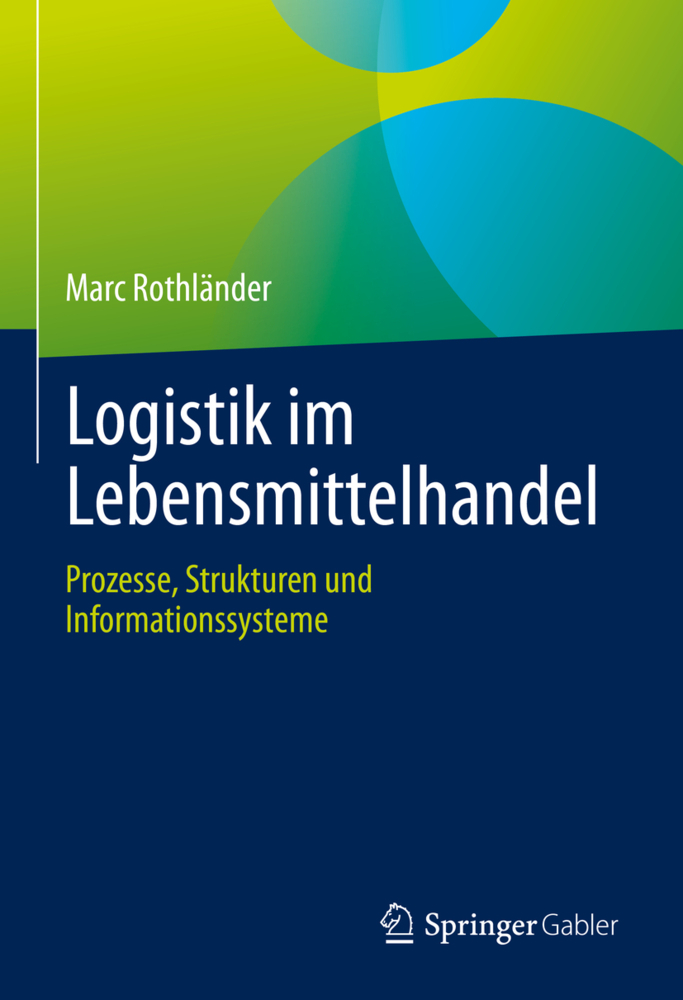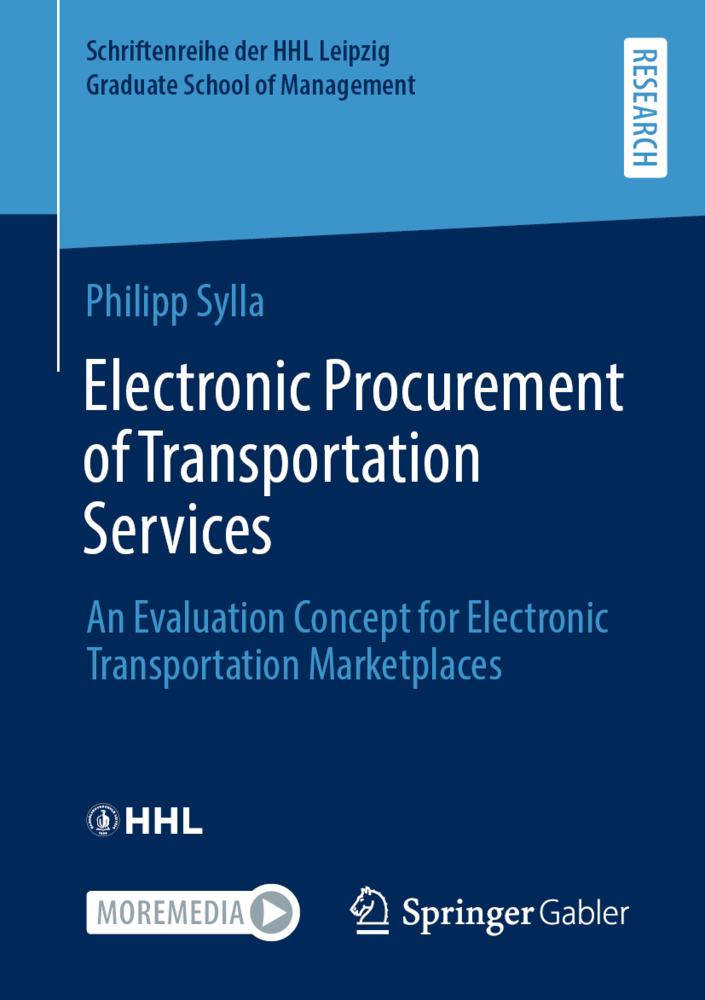Supply Chain Resilience
Every global crisis highlights the strategic importance of industrial and non-profit supply chains for society. In terms of coping with unforeseen and unpredictable events, supply chain resilience enables the parties and networks involved to stay successful during and after the disruption. Furthermore, a resilient supply chain contributes to the sustainable competitive advantage of the entire value chain.
Written by scholars and practitioners alike, this book not only puts forward a new framework for resilience in supply chain management, but also presents best practice cases from various areas and industries. As a particular highlight, it includes a Delphi study that gathers state-of-the-art insights from supply chain leaders.
In addition to practical approaches, methods and tools, the book also offers food for thought on the future of supply chain resilience. As such, it offers a valuable resource for current and future managers in the public and private sector, aswell as researchers and students engaged in this field.
Part I: Supply Chain Disruptions and Resilience
1. Definition and Development of Supply Chain Resilience
2. Supply Chain Resilience: A Decade of Evolvement
3. Supply Chain Resilience Framework
4. Supply Chain Challenges During the COVID-19 Pandemic
5. Pandemic-Related Disruptions in the Field of Freight Transportation
6. Modern Slavery and Working Conditions in the European Trucking Industry: A Growing Threat to Supply Chain Resilience
Part II: Measuring Resilience
7. Enhancing Supply Chain Resilience Through Incorporating Business Continuity Management Systems
8. Measuring and Fostering Supply Chain Resilience in the Humanitarian Context
9. The Value of Artificial Intelligence for More Resilient Supply Chains
10. Applying Blockchain Technologies for Increasing Supply Chain Resilience
Part III: Achieving Resilience
11. Policy Options for Strengthening Resilience to Achieve Strategic Autonomy for Austria in a Disrupted World
12. Managing Supply Chain Resilience for Sustainability in an Uncertain World: Challenges and Solutions
13. Supply Chain Resilience in the Fourth Industrial Revolution
14. Resilient Supply Chain Network Design: An Overview of Optimization Models
Part IV: Resilience in Theory and Practice
15. Resilient Supply Chains: A Practical Guide for Successful Implementation
16. What Really Works: A Practitioner's Critical Review on Supply Chain Resilience Research
17. Delphi Study on Supply Chain Resilience
Part V: Supply Chain Resilience in Different Functional Areas
18. Commodity Price Risks: Strategies to Increase Supply Chain Resilience
19. Achieving Supply Chain Resilience Through Additive Manufacturing
20. Resilience in Warehousing
21. How to Successfully Master a Pandemic in a Global Distribution Network?
22. Resilience Strategies for Freight Transportation: An Overview of the Different Transport Modes Responses
23. Thoughts About Individual Resilience Impact to Team and Organization
Part VI: Supply Chain Resilience in Different Industries
24. Resilient Supply Chains in the Parcel Shipping Sector
25. Deep Dive on Resilience in the Aviation Industry: Between Resilience for Short-Term Disruptions and Focus on Long-Term Preparedness
26. Semiconductor Supply Chain: A 360-Degree View of Supply Chain Risk and Network Resilience Based on GIS and AI
27. Ways to Build Resilient Inbound Transportation Logistics in the Automotive Industry
28. Overview of the Enablers of Humanitarian Supply Chain Resilience
29. Resilience and Military Supply Chain Management
30. Concluding Remarks.
Kummer, Sebastian
Wakolbinger, Tina
Novoszel, Lydia
Geske, Alexander M.
| ISBN | 978-3-030-95400-0 |
|---|---|
| Artikelnummer | 9783030954000 |
| Medientyp | Buch |
| Copyrightjahr | 2022 |
| Verlag | Springer, Berlin |
| Umfang | XII, 355 Seiten |
| Abbildungen | XII, 355 p. 1 illus. |
| Sprache | Englisch |

